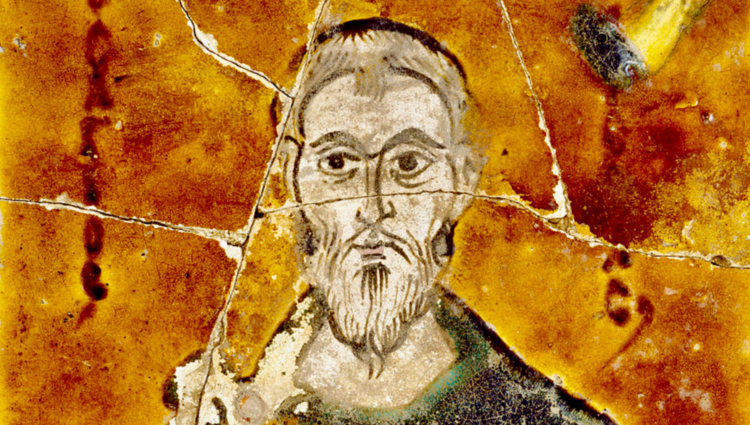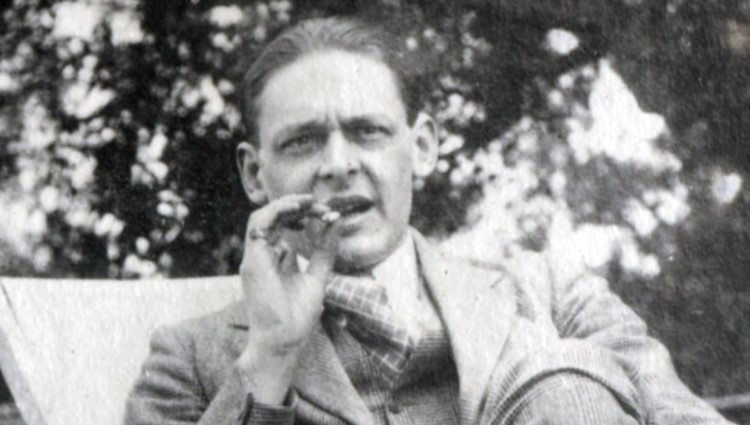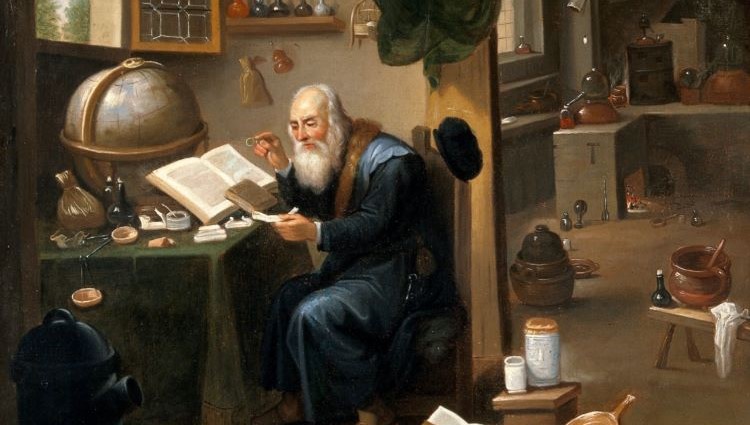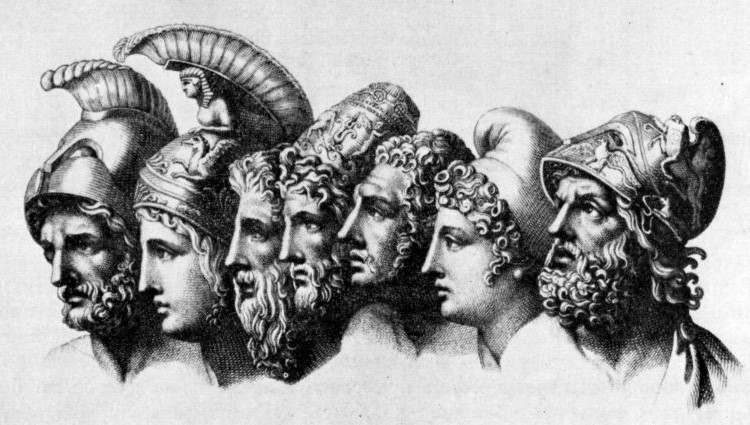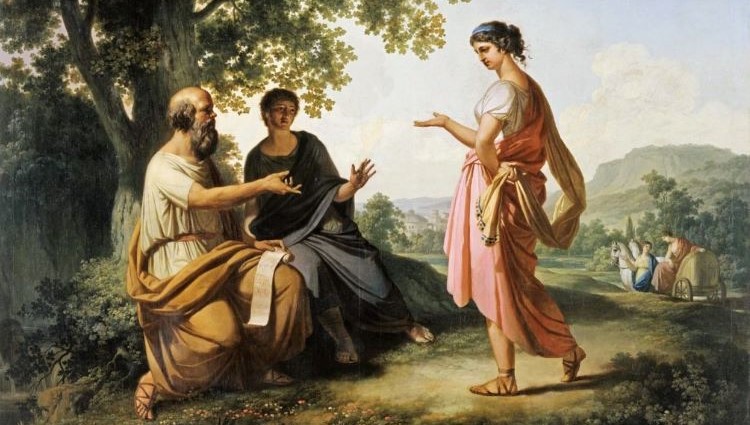The Shattered Image of the Thirteenth Century
We did not discard most of the image of reality from the Middle Ages. The lovely whole image was smashed like stained glass under the hammer of zealots, but later people recovered fragments and used them to create the world in which we live. C.S. Lewis wrote a book of profound scholarship, The Discarded Image, [...]

